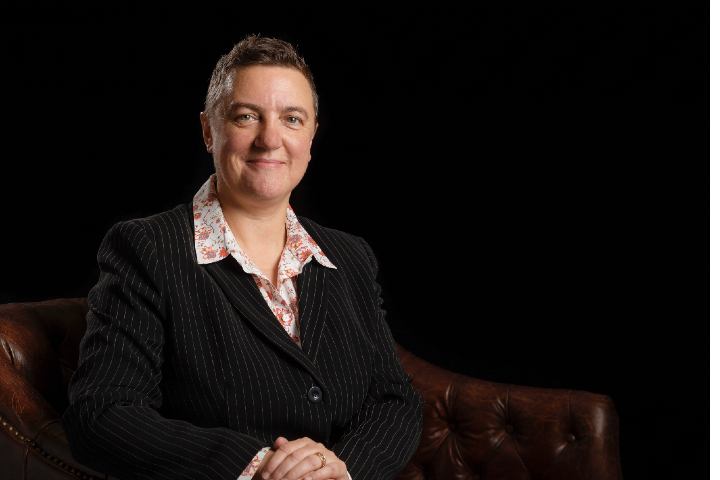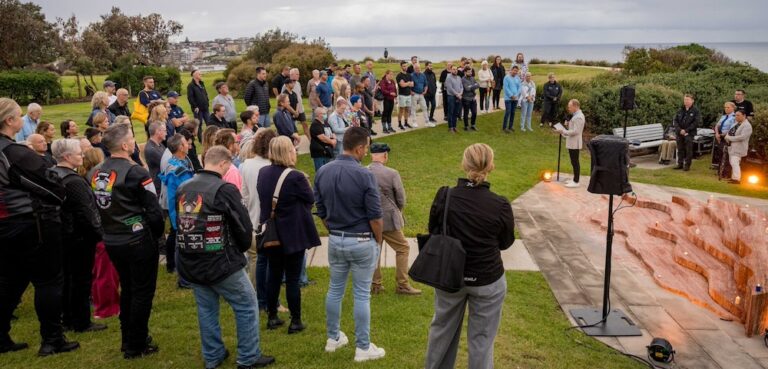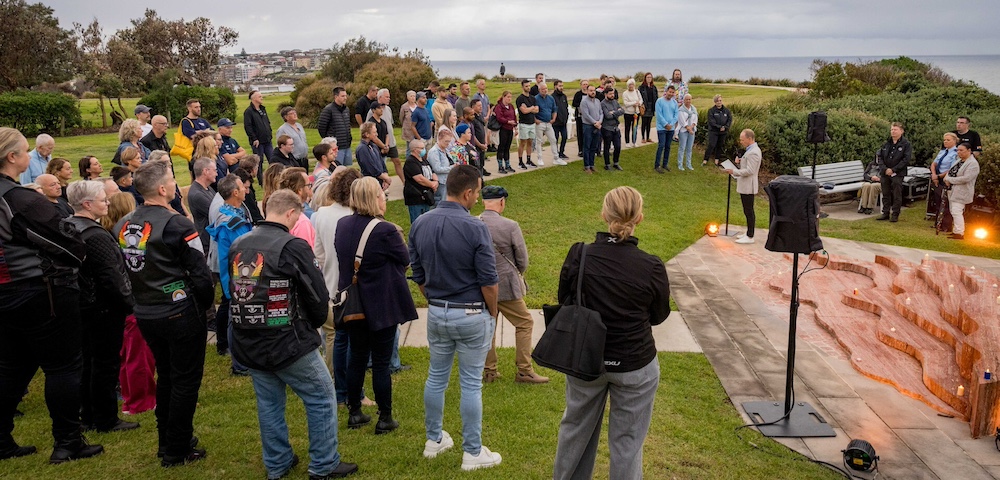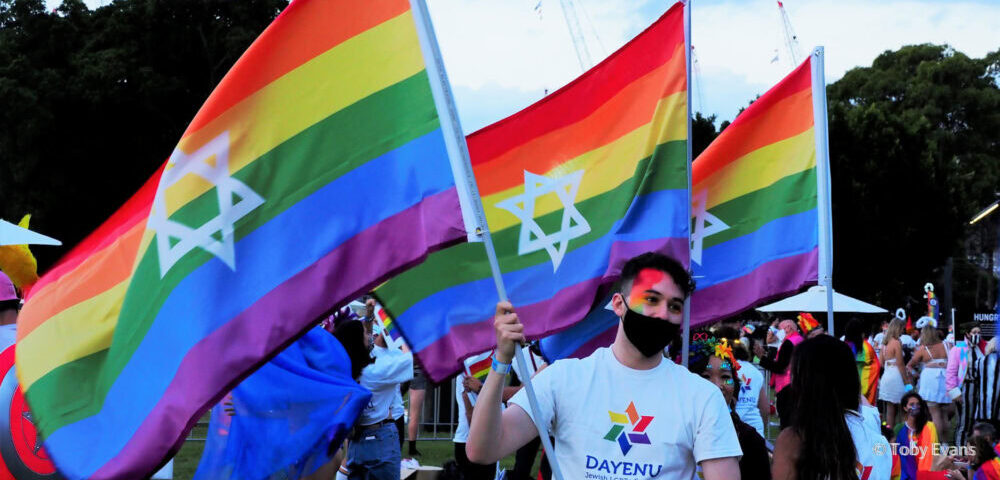
Openly Gay Kristen Walker QC Appointed As Judge To Victoria’s Highest Court

The Dan Andrews led Labor government on Tuesday announced that it was appointing its openly gay solicitor general and former Fulbright scholar Kristen Walker QC as a judge to Victoria’s highest court – the Court of Appeal.
Walker has been described as “one of the state’s most distinguished advocates”.
Walker, an expert in constitutional and human rights law and refugee rights advocate, has been Victoria’s solicitor general since 2017. Walker and her partner Melbourne Law School professor Miranda Stewart have a son.
“Kristen Walker QC has made an exceptional mark on her field and is well respected in the legal and academic communities,” said attorney-general Jaclyn Symes in a statement.
https://twitter.com/dpn78/status/1381855516771590145
“Ms Walker’s distinguished career spans across jurisdictions and in significant and complex legal issues. This expertise and knowledge puts her in an excellent place to make a strong contribution to the Court of Appeal.”
“As Victorian Solicitor-General, Ms Walker has worked tirelessly to provide independent advice to the Government on many significant matters – I thank her for her contributions and guidance,” said Symes.
In a 2012 profile, Walker spoke about the most influential people in her life: “My parents, my partner Miranda, my son Alfie and Sir Anthony Mason (former Chief Justice of Australia).”
Asked in the same profile, the one thing that she would like to change about Australia, Walker responded: “Our refugee policy.”
In a paper The Importance of being Out, Walker had discussed the issue of sexuality and refugee status.
“A particular, western image of “the homosexual” has been required before the RRT (Australia Refugee Review Tribunal) will accept that there are objective grounds for a fear of persecution. Men who are “out” and who are in long-term monogamous relationships are accepted as refugees, whereas those who are closeted or promiscuous are not.”
“The “discreet” homosexual is sent back to a life of casual sex and the risk of imprisonment the basis that discretion will provide protection from persecution – a life lived in fear and secrecy is not sufficient to demonstrate persecution,” Walker had argued.
Celebrating the appointment of Kristen Walker QC as Solicitor-General for Victoria pic.twitter.com/PHESVHNGsK
— Governor of Victoria (@VicGovernor) December 13, 2017
Walker graduated in 1991 from the Melbourne Law School and won the Supreme Court Prize for the top performing law student. She taught at the Melbourne Law School, Columbia Law School and University of Arizona, before enrolling in the bar in 2004.
Walker’s appointment to the Court of Appeal will start on May 3, 2021.
Contribution To Jurisprudence In LGBTIQ+ Human Rights
Anna Brown, CEO, Equality Australia congratulated Walker on the appointment recalling her contribution to legal cases that involved gender equality as well as LGBTQI rights.
A very worthy appointment, Kris Walker QC brings exceptional legal expertise & diversity to Victoria’s highest court. I was privileged to work with dream team Kris & Liz Bennett on important trans rights cases, including her last brief pre-SG (Re Kelvin) *ping @LeeJCarnie #auslaw https://t.co/yJiiuKjxlC pic.twitter.com/DthIXoU9Uf
— Anna Brown OAM (@AnnaEquality) April 14, 2021










